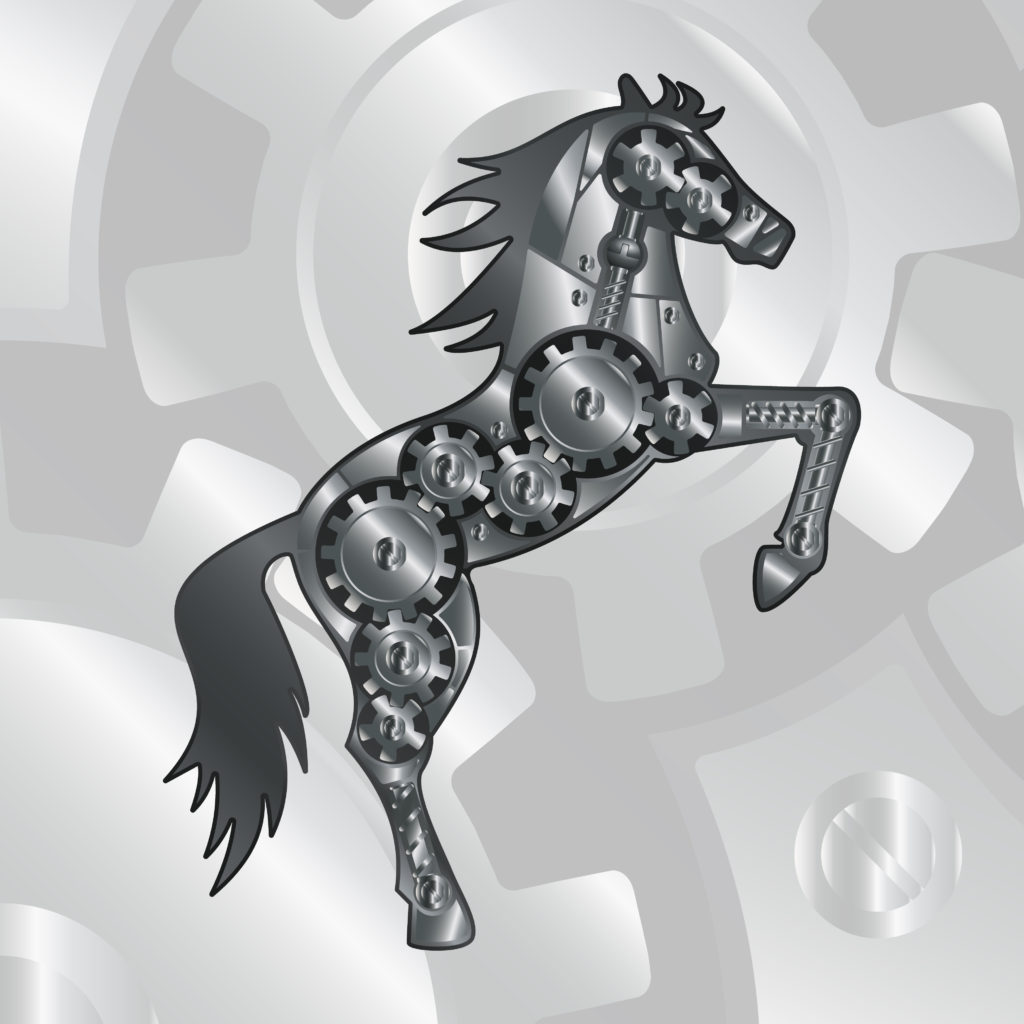9000+ Cashless Garages
1.2 Cr+ Policies Sold



Car insurance Online, Up to 90% Discount
It's a Brand New Car
What is Horsepower in a Car & How is it Measured?

Whether you are a car enthusiast or not, you must have heard about terms such as horsepower and torque. However, the concept might not be clear as these functions are somewhat similar and can get confusing to differentiate.
What is Horsepower in a Car?
Horsepower is a metric for determining the rate at which a vehicle engine generates force. It is crucial in determining the cumulative distance a vehicle can cover throughout its lifespan.
Additionally, horsepower provides drivers valuable insight into their vehicles' maximum performance potential. In essence, horsepower reflects the speed at which a vehicle can accomplish tasks or exert its capabilities.
How is Horsepower Measured in Engine Power?
Watt established a correlation by observing the amount of weight a horse could raise, using a pulley system, to a height of one foot within a single second. In modern terms, we define one horsepower as an equivalent of a horse elevating a 550-pound weight by one foot in one second. This specific value was determined by Watt as a standardised measure, recognising the inherent variations in the strength of different horses.
How Does Horsepower Work in Car?
Horsepower plays a crucial role in assessing a vehicle's performance and is a significant factor for prospective buyers to consider. In the case of a particular vehicle, an engine with higher horsepower and torque will deliver quicker acceleration.
Additionally, it offers enhanced towing capabilities, ensuring more dependable hauling. Conversely, a lower-horsepower engine in the same vehicle provides improved fuel efficiency, albeit at the expense of leisurely acceleration.
How Does it Impact Car Performance?
In general terms, the greater the horsepower of a car, the higher its potential speed in a straight line.
With the added force, the vehicle can be moved faster, more effortlessly and can cover a greater distance.
However, it's important to note that the relationship between horsepower and speed depends on various other factors, such as aerodynamics, grip, weight, etc., also have their impacts.
Additionally, a vehicle's aerodynamics plays a crucial role in determining its performance at higher speeds.
Why Consider Horsepower When Buying a Car?
The performance of your car on the road is significantly influenced by its power output. A vehicle with a relatively low-power engine (e.g., 75hp) will exhibit limited acceleration, whereas a high-power car (500hp+) will offer robust acceleration.
Furthermore, the car's weight plays a significant role in acceleration, as heavier vehicles require more power. This explains why light motor vehicles typically have less powerful engines, while larger SUVs tend to have more potent ones.
If you frequently travel on highways, opting for a more powerful engine is advisable. This choice ensures the ability to accelerate swiftly when merging onto the road from slip roads. Additionally, having a powerful engine makes overtaking easier and safer when travelling at higher speeds.
What Is the Difference Between HP, BHP and Torque?
Refer to the following table to find out how different these three units are from each other.
| Basis | Horsepower (HP) | Brake Horsepower (BHP) | Torque |
| Definition | It is the measurement of how rapidly a car engine can work. | It denotes the horsepower of a car resulting from the friction between the car's tyres and the road surface. | The torque value of a car reflects the amount of force generated by a car's engine. |
| Significance | Play a crucial role in determining and sustaining a car's maximum speed. | This considers the energy lost due to friction. | It is the essential force required to initiate the car's motion, and accelerate swiftly. |
| Usage | Horsepower quantifies the overall power output of an engine. | Brake Horsepower specifically gauges the power transmitted from the engine to the wheels. | Torque quantifies how much of the twisting force is required when the engine starts. |
A higher torque value results in quicker attainment of the 0-62 mph milestone. Additionally, torque proves crucial when driving uphill on steep roads, providing the necessary power to navigate such inclines effectively.
In essence, torque contributes to the quickness of your vehicle, while horsepower contributes to its overall speed. Now that you know what horsepower is and how it works, you can make the right choice when selecting a car.














